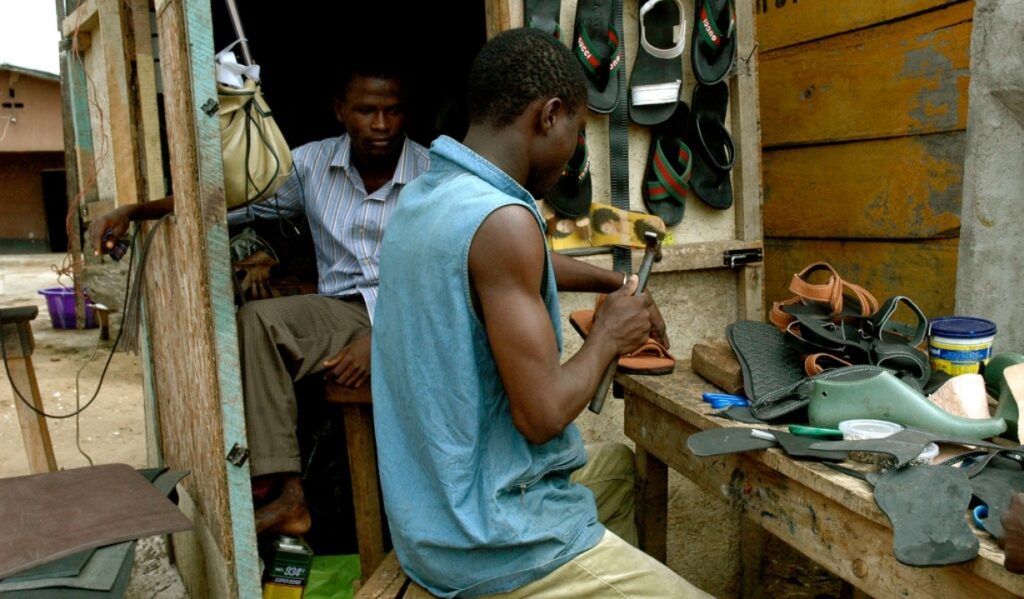In the wake of the devastating Nigeria Civil War, a dire situation continue to engulf the people from southeastern region of Nigeria. The Igbo people, victims of mass genocide during and after the Biafran war, now find themselves disenfranchised and brutally marginalized by the Nigerian state. It is time for change, and KEDU Corporation, a United States based company is leading the charge with a Marshall Plan tailored for the southeast.
Historical Parallels: A Marshall Plan for Southeastern Nigeria
Cast your mind back to 1948, when the United States, in the aftermath of World War II, implemented the Marshall Plan across war-torn Europe. The goal of this plan was to rebuild war-torn regions, remove trade barriers, modernize industry, improve European prosperity and prevent the spread of communism.
More than 50 years after the Nigeria Civil War, KEDU Corporation is championing a Marshall Plan for the Southeastern region.
Three Pillars to Transform the Southeast: KEDU’s Marshall Plan
KEDU Corporation’s Marshall Plan for the Igbo People rests on three formidable pillars:
- Economic Revival: Injecting over USD$50 billion into the southeastern region, this plan is a catalyst for infrastructure development, industrial rejuvenation, and agricultural growth. It is not just an investment; it is a commitment to rebuild the economic foundations of the region.
- Stability and Security: The plan goes beyond economics. By fostering economic stability, KEDU aims to thwart the rise of militant and terrorist groups, safeguarding the region from the likes of Boko Haram and unknown gunmen. This is a crucial step towards political stability and social welfare.
- Trade Expansion: Breaking down barriers, the Marshall Plan will pave the way for increased trade between the southeastern region and first-world nations. This is not just about boosting the local economy; it is about integrating businesses and industries into the global economic landscape.
Overcoming Challenges: Navigating the Nigeria Quagmire
In the aftermath of the destruction of Nigeria’s democracy, KEDU Corporation faces a daunting challenge.
The regulatory framework and financial projections for the cost of capital associated with the southeastern sub-nationals are entangled with the woes of a damaged and ailing Nigerian state.
The disastrous failures of the previous and most unfortunately the current Nigeria leadership has now become a dead weight and deathly encumbering the prosperity of southeastern sub-nationals in this regard.
Undeterred, KEDU Corporation is committed to sidestepping this quagmire and swiftly implementing the Marshall Plan that the southeastern region so desperately needs.

